
Home
Publications
Publications
Showing 0 to 0 of 0 results
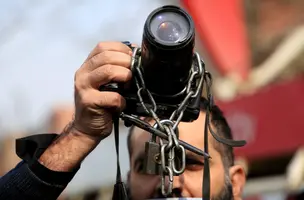
Statements
2025-05-03T15:52:41
World Press Freedom Day 2025: Defending the Frontlines of Truth in Southeast Asia
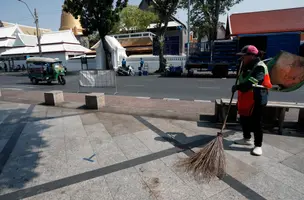
Statements
2025-01-08T21:33:03
APHR Condemns the Political Assassination of Former Cambodian MP Lim Kimya in Bangkok
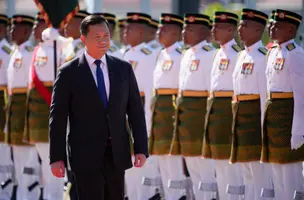
Statements
2024-11-29T15:04:28
Southeast Asian MPs denounce the forced deportation of Cambodian activists from Thailand

Statements
2024-10-07T15:25:54
Cambodia must release Nuon Toeun, Mech Dara, Southeast Asia MPs say
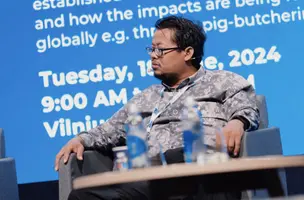
Statements
2024-10-02T08:40:41
Release Journalist Mech Dara, Uphold Press Freedom!
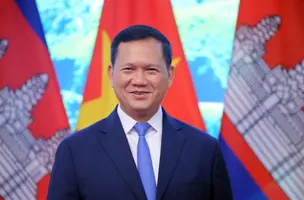
Statements
2024-08-30T11:03:02
Criminalization of activists shows Hun Manet echoes authoritarian tactics, Southeast Asian MPs say
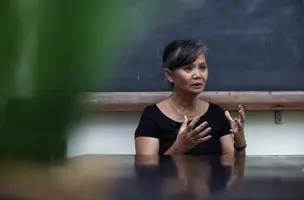
Podcast
2024-06-03T07:47:32
ADVOCATE: The State of Cambodia’s Democracy with Mu Sochua
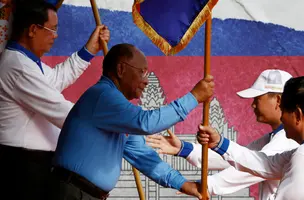
Reports
2023-12-20T17:43:16
New Face, Same Old System: Special Report on the Generational Transmission of Power in Cambodia
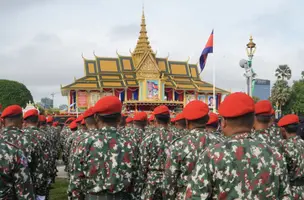
Open Letters
2023-12-13T09:21:45
Open Letter raising grave concerns over the human rights situation in Cambodia and serious democratic threats in the upcoming 2024 Cambodia Senate Election
TOP
ASEAN Parliamentarians for Human Rights (APHR) was founded in June 2013 with the objective of promoting democracy and human rights across Southeast Asia. Our founding members include many of the region's most progressive Members of Parliament (MPs), with a proven track record of human rights advocacy work.
Copyright © 2024-2025 All Rights Reserved - ASEAN Parliamentarians for Human Rights (APHR)
Website by Bordermedia